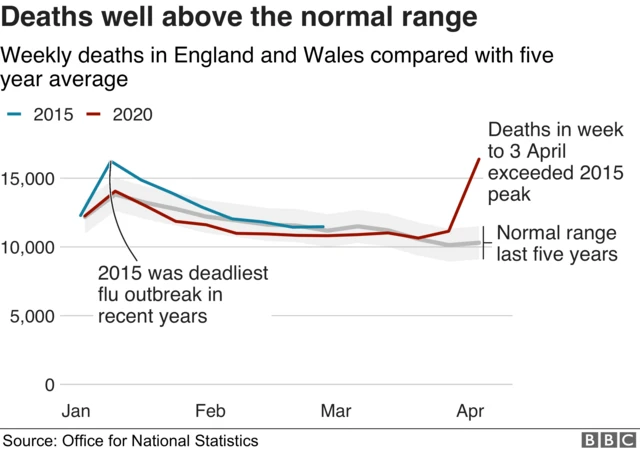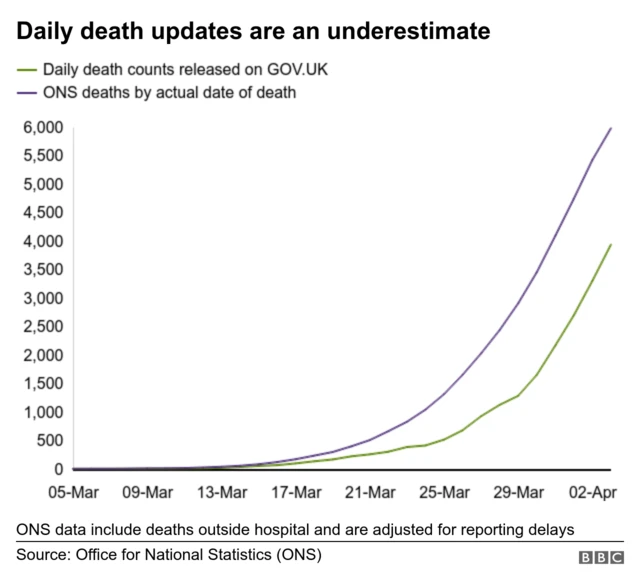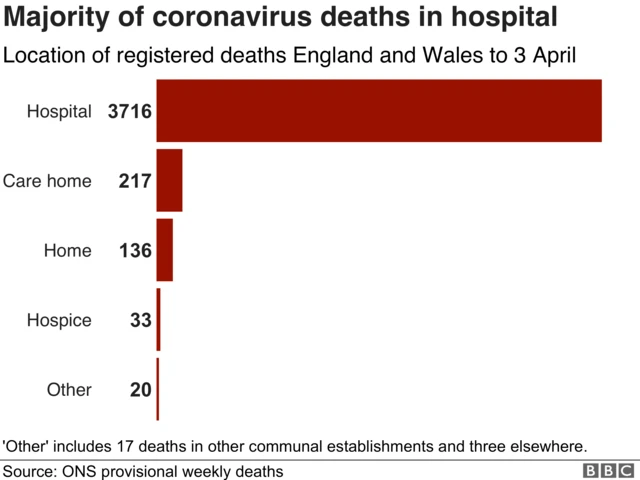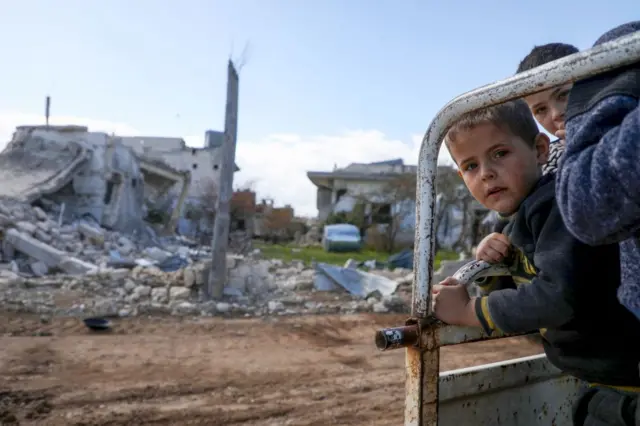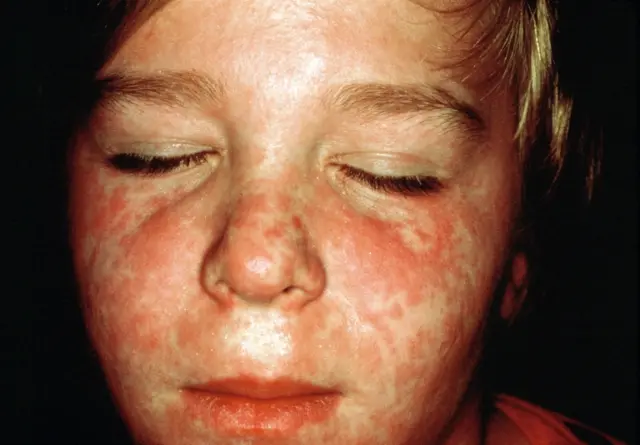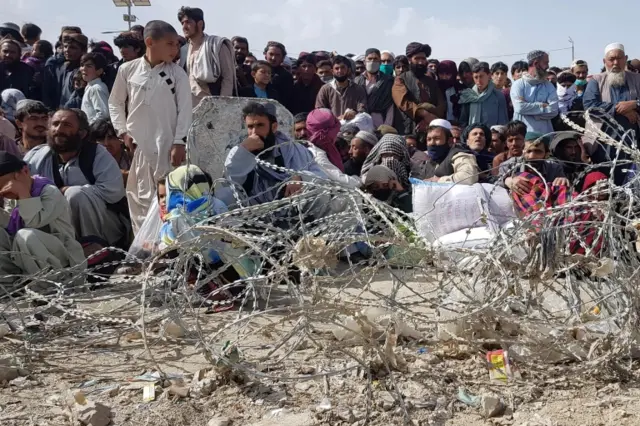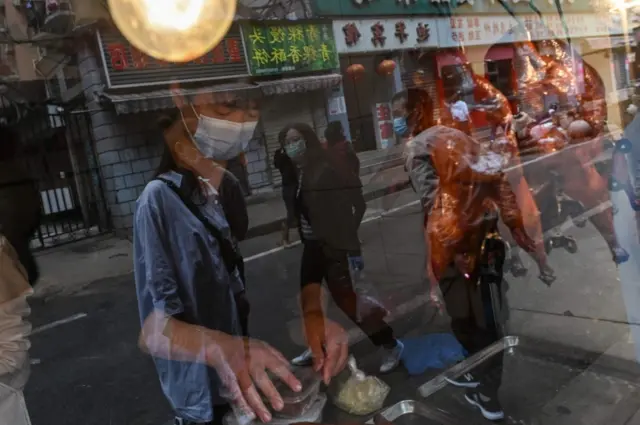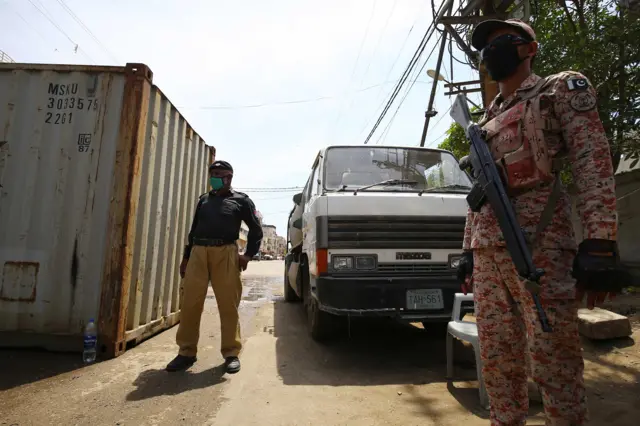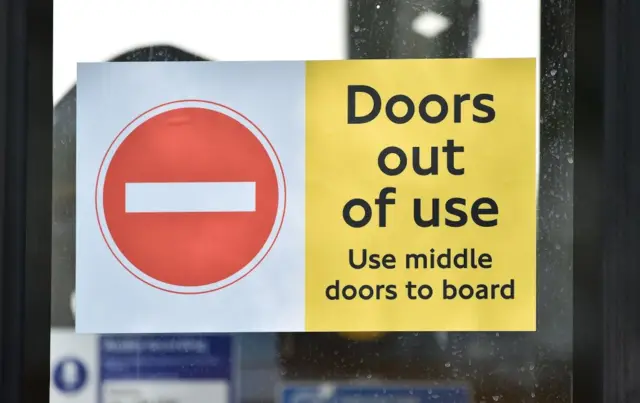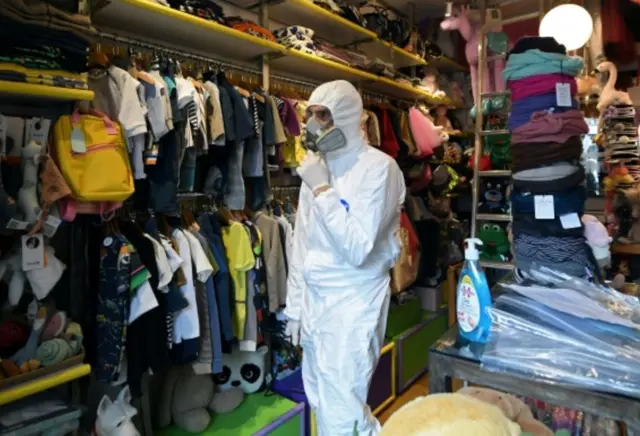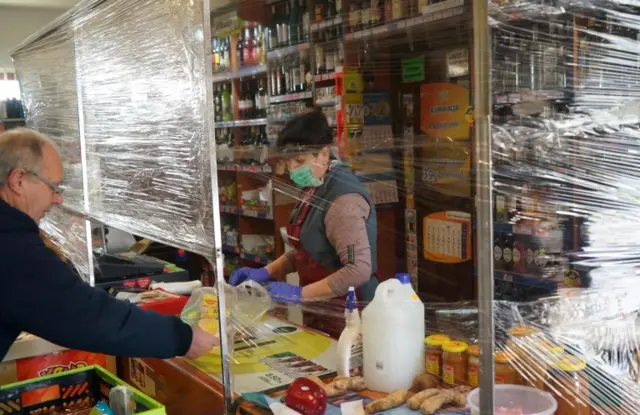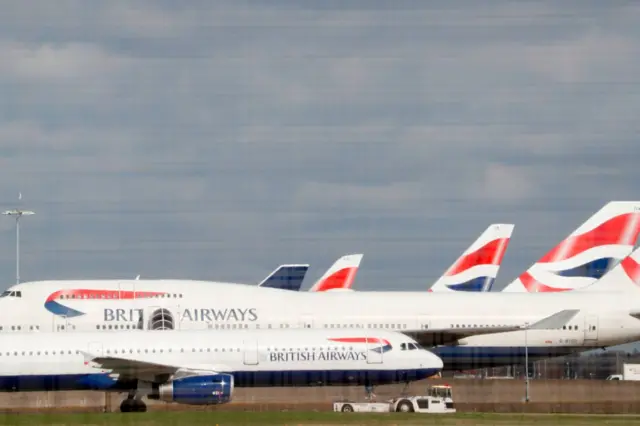WW2 veteran Tom Moore, 99, raises £1.4m for NHSpublished at 13:15 BST 14 April 2020
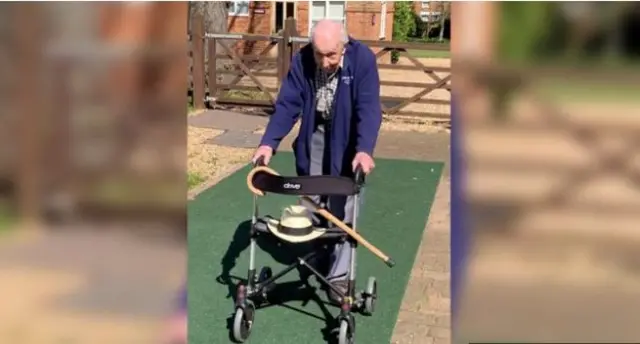 Image source, Hannah Ingram-Moore
Image source, Hannah Ingram-MooreTom Moore is aiming to walk 100 laps of 25m around his garden
A 99-year-old World War Two army veteran who has raised more than £1.4m to help the NHS in the fight against Covid-19 has vowed to keep going even though he has smashed his original £1,000 target.
Tom Moore aimed to complete 100 laps of his Bedfordshire garden by Thursday, walking with the aid of a frame - but has now said he hopes to do another 100 laps as well.
He said: "When you think who it is for - all those brave and super doctors and nurses we have got - they deserve every penny and I hope we get more, too."
NHS Charities Together, which will benefit from the funds, said it was "truly inspired and humbled". More than 75,000 people from around the world have donated money to his fundraising page since it was set up late last week.
Mr Moore began raising funds to thank the "magnificent" NHS staff who helped him with treatment for cancer and a broken hip. He hoped to walk 100 laps of the 25-metre (82ft) loop in his garden in 10-lap chunks, before his 100th birthday at the end of the month.
